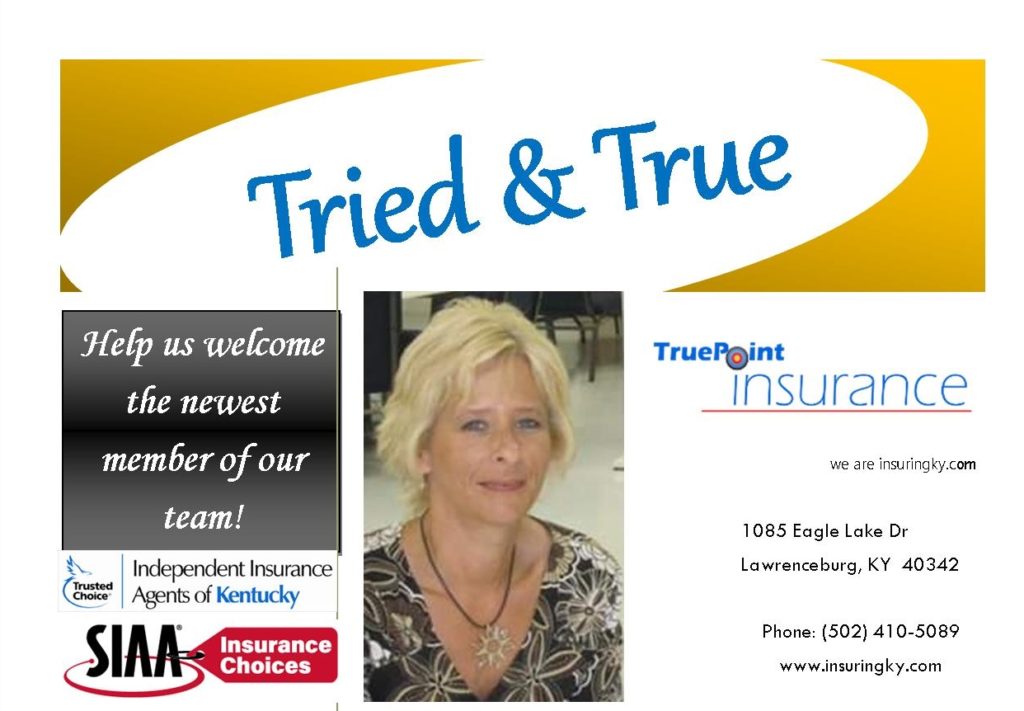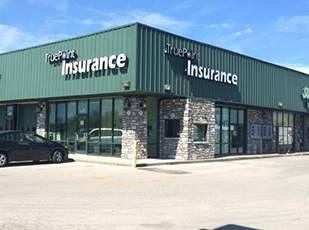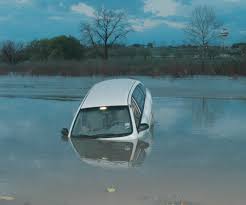 America has been called the land of opportunity. It has allowed an unthinkable number of individuals the chance to amass fame and fortune. For many, the first step towards success was the purchase of a home.
America has been called the land of opportunity. It has allowed an unthinkable number of individuals the chance to amass fame and fortune. For many, the first step towards success was the purchase of a home.
Although your grandparents may not recognize it, the American dream is still alive. Like most other facets of life, technology has left an imprint on the American Dream.
Mobility for example. Following WW II, construction of the interstate highway system made the dream more accessible. Americans who could now drive further in less time began to work further away from home.
Today we can work from anywhere. Almost anywhere! We are constantly connected. No matter what time of day, or where you are, you will see mobile phones, pads, and computers all around you. Technological improvements have certainly put a damper on workflow relocation. Americans can shop their skills for the highest bid, and often work remotely.
Condos outpacing single family homes
The demand for condos in the US is exceeding supply. Over a five year  period ending in 2017, Trulia reported that Condo sales had risen by 38%. During the same time period, single-family residential homes rose 28%.
period ending in 2017, Trulia reported that Condo sales had risen by 38%. During the same time period, single-family residential homes rose 28%.
Better value. Locations. Demographics. Taste!
Do you still need insurance?
Yes, but it doesn’t come in the same form as a homeowner’s insurance policy. ‘
Achieving the American dream is in large about making good investments. Each of us, when looking to make a good investment, will be confronted with the buy versus rent dilemma.
Buying a home in America has generally been a great investment decision. However, maintaining and protecting the investment is essential.
Yes, single-family homes require serious maintenance and can be a huge responsibility. If you don’t feel like your up to becoming a handyman there is always the option to purchase a condo. Depending on your location that may be an issue. Louisville Kentucky condos shouldn’t be an issue at all. The same is true for Lexington and most of Northern Kentucky. Generally, the availability of condos will be directly related to the size of your town.
When you own a condo, you undoubtedly will need to have a reliable condo insurance policy on your home. As mentioned earlier the form of a condo insurance policy (HO-6) differs from that of homeowners (HO-3). There are several situations in which you will be required to carry condo insurance.

You will need to have condo insurance when you have any loans outstanding on your home. Since it can be an expensive investment, you likely will have to take out a mortgage to finance it. Do you know how often a home lender will tell you, “don’t worry about getting that insurance? I know ya and I know your good for it!”
The answer is: ALMOST NEVER!
And just in case your that 1 in a 1,000,000,000 that does, then run to the nearest insurance agency as fast as you can.
A mortgage gives a lender legal rights. Your home or condo becomes collateral to protect the lender. In the event you don’t pay, you, the lender and a judge will have a meeting at the courthouse. At some point, the judge is basically going to give your house to the bank. outstanding, the lender will likely require that you grow your monthly insurance payments. This will help to ensure that their collateral is properly protected.
If the house burns down and you don’ t have insurance, you’re not going to have a really good impression of the judge.
How often do you get paid?
That’s how often the judge is going to mandate that you stop by the bank and leave the money.
Condo Association Requirements
Do you know what you do when you make your final mortgage payment?
You have a party and you burn it!
You will no longer have a mortgage. You will no longer need an insurance policy to protect the lender.
But don’t cancel your insurance just yet.
Most people that live in a condo are also part of a condo association. These associations are typically governed by a variety of different rules and regulations. One of the most common regulations is a regulation that will require insurance on your condo. Your condo insurance will continue to protect property. But the primary reason for the requirement is it also proved liability coverage.
Earlier we mentioned the need to maintain and protect your investment. There are lots of ways to do this. Painting, maintaining gutters and downspouts, shingles and more. Even better, a short trip to the Ace Hardware store and you’ll be armed.
But none of these will protect your home from, fire, wind, hail, earthquake and many of perils.
The corner Ace Hardware won’t help protect against these. But, a quick trip or call to your local Independent Insurance Agent will!
If you are looking for condo insurance in Kentucky, contact TruePoint Insurance. We will help you to identify your condo insurance needs and get you into a great policy.Â
f the maintenance requirements and responsibilities that come with a single-family home, another option would be to purchase a Fisherville, KY area condo. When you own a condo, you undoubtedly will need to have a reliable condo insurance policy on your home. There are several situations in which you will be required to carry condo insurance.
Loan Outstanding
The first situation in which you will need to have condo insurance is when you have any loans outstanding on your home. Since it can be an expensive investment, you likely will have to take out a mortgage to finance it. Whenever you have a mortgage outstanding, the lender will likely require that you grow your monthly insurance payments. This will help to ensure that their collateral is properly protected.
Condo Association Requirements
If you do not have a loan outstanding on your condo, you still might be required to have a condo insurance policy in place at all times. Most people that live in a condo also live in a condo association. These associations are typically governed by a variety of different rules and regulations. One of the most common regulations is a regulation that will require that you have insurance on your condo. This insurance will not only have to protect the actual property but will also have to provide liability coverage.
If you are looking for a condo insurance policy in the Fisherville, KY area, you should contact TruePoint Insurance. The TruePoint Insurance company will help you to identify your condo insurance needs and get you into a great policy. You can take control and help move the process down the road by doing your own condo insurance quote online.

 If you have a mortgage and your home is located in an area that has been identified by FEMA as a flood zone, chances are, you have been notified that you need flood insurances. If not consider review the previous link regarding who needs food insurance. If you would like additional information, one of our agents will be more than happy to assist.Â
If you have a mortgage and your home is located in an area that has been identified by FEMA as a flood zone, chances are, you have been notified that you need flood insurances. If not consider review the previous link regarding who needs food insurance. If you would like additional information, one of our agents will be more than happy to assist. 
 Contact
Contact
 Email an Agent
Email an Agent

 Click to Call
Click to Call Get Directions
Get Directions



















 America has
America has  period ending in 2017, Trulia reported that Condo sales had risen by 38%. During the same
period ending in 2017, Trulia reported that Condo sales had risen by 38%. During the same 

 protects us from the uncertainty that results during periods of change. Fall is also associated with a period preparation and protection. Insurance is no different. We prepare for less desirable times by purchasing insurance.
protects us from the uncertainty that results during periods of change. Fall is also associated with a period preparation and protection. Insurance is no different. We prepare for less desirable times by purchasing insurance. Brown once again put’s his trust in Lucy to hold the football. Every year, in spite of severe ridicule, Linus forgoes the big Halloween sugar score. Waiting in the pumpkin patch for a no show, the Great Pumpkin.
Brown once again put’s his trust in Lucy to hold the football. Every year, in spite of severe ridicule, Linus forgoes the big Halloween sugar score. Waiting in the pumpkin patch for a no show, the Great Pumpkin.


